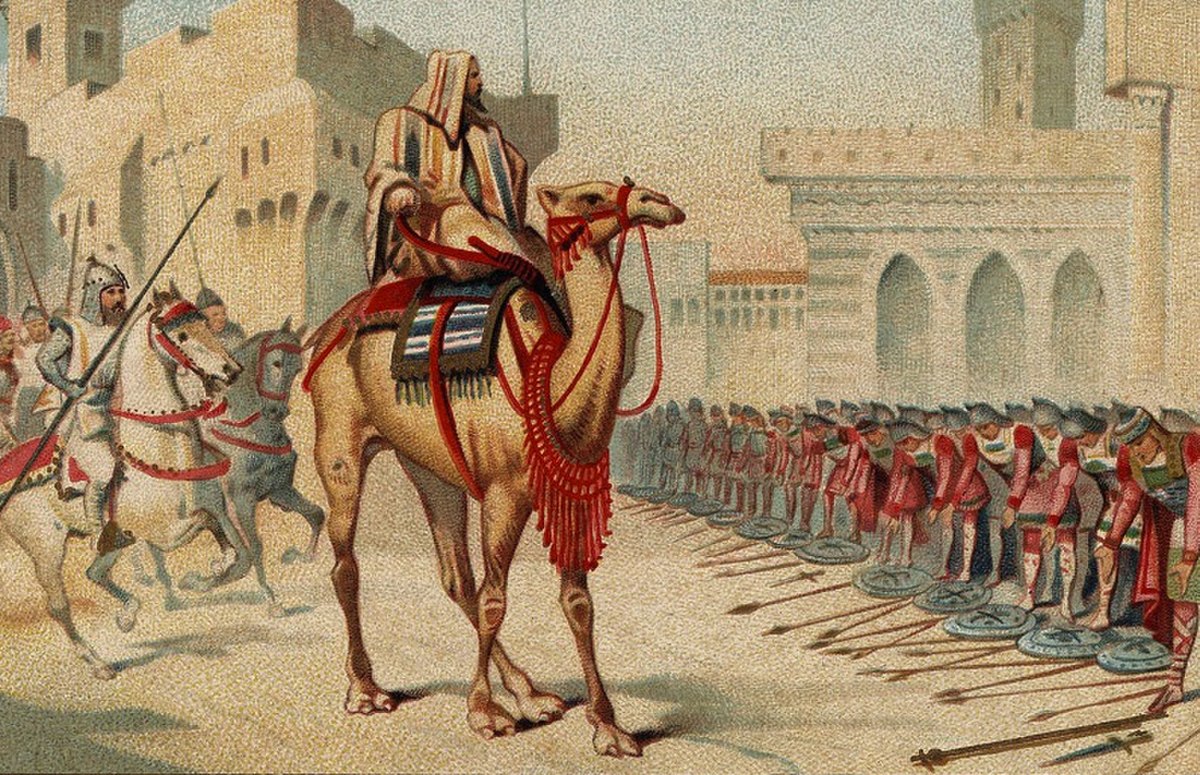
Muslim Rule
IndiaThough Islam came to the Indian subcontinent in the early 7th century with the advent of Arab traders, it started impacting Indian religions after the 10th century, and particularly after the 12th century with the establishment and then expansion of Islamic rule. Will Durant calls the Muslim conquest of India "probably the bloodiest story in history". During this period, Buddhism declined rapidly while Hinduism faced military-led and Sultanates-sponsored religious violence. There was a widespread practice of raids, seizure and enslavement of families of Hindus, who were then sold in Sultanate cities or exported to Central Asia. Some texts suggest a number of Hindus were forcibly converted to Islam. Starting with the 13th century, for a period of some 500 years, very few texts, from the numerous written by Muslim court historians, mention any "voluntary conversions of Hindus to Islam", suggesting the insignificance and perhaps rarity of such conversions. Typically enslaved Hindus converted to Islam to gain their freedom. There were occasional exceptions to religious violence against Hinduism. Akbar, for example, recognized Hinduism, banned enslavement of the families of Hindu war captives, protected Hindu temples, and abolished discriminatory Jizya (head taxes) against Hindus. However, many Muslim rulers of Delhi Sultanate and Mughal Empire, before and after Akbar, from the 12th to 18th centuries, destroyed Hindu temples and persecuted non-Muslims.
